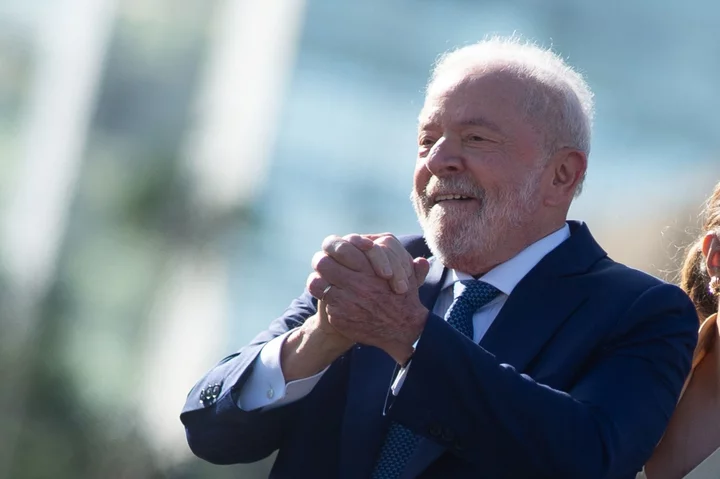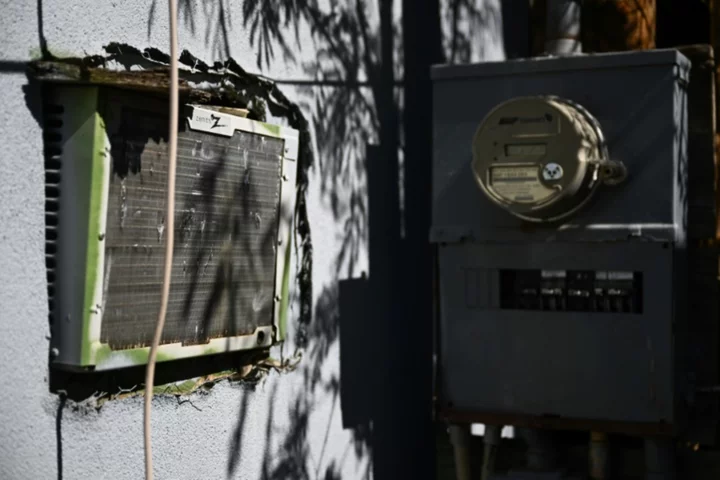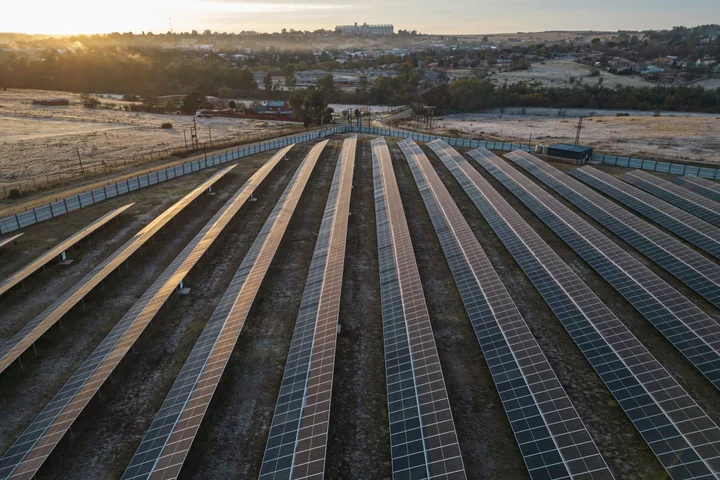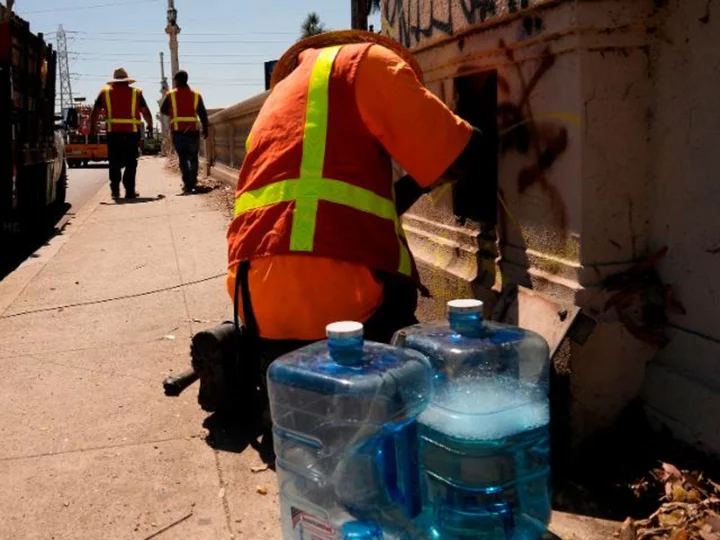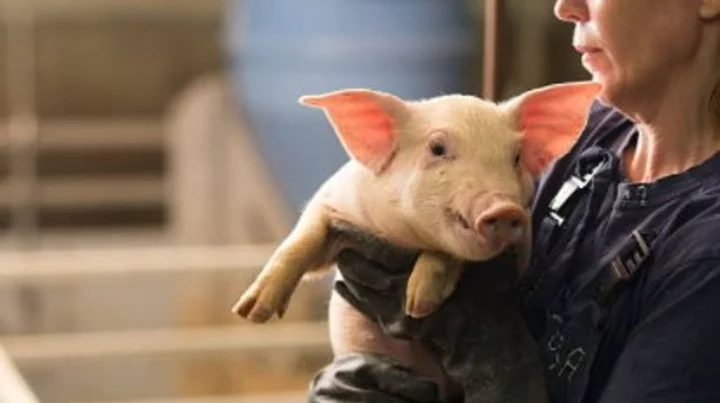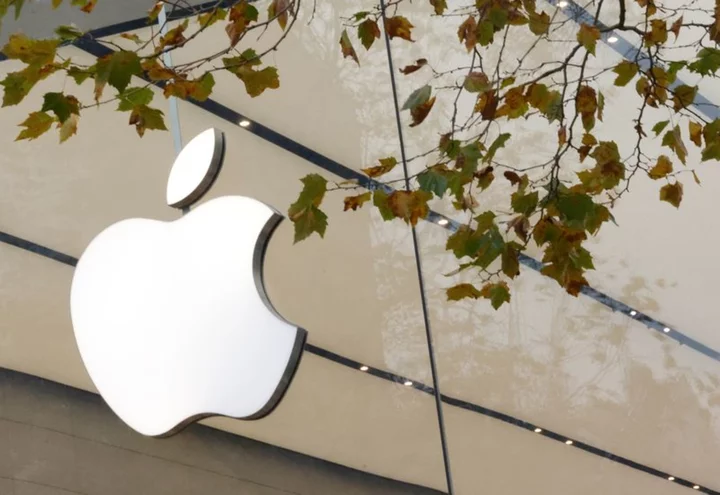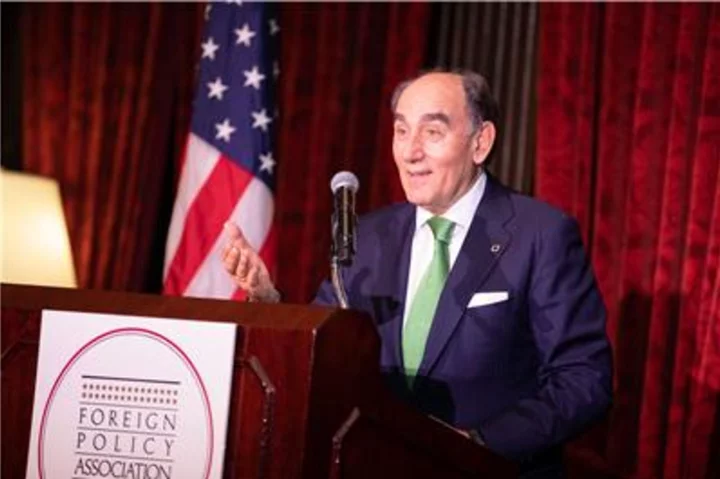At last year’s United Nations Climate Change Conference, Brazil’s then president-elect Luiz Inácio Lula da Silva won cheers when he declared “Brazil is back” in the fight against global warming. It was a rebuke of his predecessor Jair Bolsonaro, who presided over surging deforestation of the Amazon rainforest aided by weakened environmental protections.
This year, Lula is looking to show just how serious Latin America’s biggest economy is about going green. At COP28 in Dubai he is set to unveil major policies to protect the environment at home and abroad — measures aimed to draw in green funding, slash emissions and subsidize electric vehicles.
“We are going to COP28 in a position of strength, to demand this transition from the world,” he told journalists in October.
The 78-year-old president has placed the rainforest on the top of his of policy agenda in his third term and is working to restore Brazil’s climate leadership. He has pledged to bring an end to deforestation; successfully bid to host COP30 in the Amazon city of Belem in 2025; and tried to rally Brazil’s neighbors to his cause.
Read More: Lula Enlists Neighbors in Brazil’s Battle to Save the Amazon
It’s all part of a concerted effort to change the reputation of Brazil from an international pariah on climate to a leader of the Global South. In Lula’s official return to the conference, the Brazilian government will bring what may be one of the largest delegations to Dubai, including 15 ministers and more than 1,600 people from the public and private sectors.
“Brazil is starting to walk the talk” on climate, said Laura Trajber Waisbich, who directs the Brazilian studies program at Oxford University’s Latin American Centre.
Already this year, Lula stepped into the limelight by convening leaders of fellow Amazon nations — and leaders of tropical forest nations outside the region — to Belem for a rare meeting to hammer out a united position on how to protect the world’s largest rainforest. A key agreement among them is that rich countries need to follow through with past unmet commitments of $100 billion a year in climate financing for developing economies. (Countries finally met the annual funding goal for the first time in 2022, according to data from the Organization for Economic Cooperation and Development.)
It’s not clear how much support Lula can garner from wealthy nations or how much more he can convince developing ones to follow his lead. Leaders are gathering in Dubai for a two-week summit against a backdrop of two wars that are draining state coffers and causing tensions to simmer between global powers.
Lula will be showing Brazil’s progress and plans to try “to bring back the 1.5C challenge to the table,” said Ilona Szabó, president of the Igarape Institute, a think tank in Rio de Janeiro, referring to the warming limit laid out by the 2015 Paris Agreement. If temperatures rise more that, scientists say, the risk of dangerous impacts from climate change increases significantly.
The Brazilian government will be showcasing what it has dubbed its ecological transition plan. That includes the creation of a regulated carbon market and an emissions caps for major companies, which is making its way through congress; drawing in billions of dollars in investment through exporting biofuel; and shifting to clean energy sources.
At the same, the Lula administration is looking to serve as an interlocutor that can facilitate meetings between countries and find common ground. “The other option is a Western movie,” André Corrêa do Lago, Brazil’s top climate diplomat, said in a briefing.
So far, Lula’s efforts to bring nations together have produced mixed results. The August meetings in Belem, the first gathering of its kind in 14 years, led to a pact to stop the Amazon’s current demise from hitting “a point of no return,” but the roadmap the eight countries laid out disappointed many activists for its lack of measurable goals and time frame.
“They don’t go anywhere near, in terms of concrete steps, of preventing the tipping point from happening,” said Claudio Angelo, head of international policy at Climate Observatory, a network of Brazilian environmental groups.
Read More: The Amazon Rainforest Is at Risk of Becoming Savanna
Home to 60% of the Amazon rainforest, Brazil is being scorched by record heat. This year it has also experienced severe drought in the Amazon, which has reduced rivers to muddy streams, and wildfires raging across its wetlands.
The effort to reunite the region comes after Brazil under Bolsonaro faced import bans and widespread criticism from abroad for allowing destruction of its rainforest to spike. Lula’s government has brought deforestation down 22.3% between August 2022 and July 2023, compared to the same period a year earlier.
“If the trend we picked up when we took office were to continue, the situation would be much worse” for the rainforest, Marina Silva, Brazil’s environment minister, said. “The world understands this and knows the effort that Lula’s government is making.”
At the recent regional talks in Belem, however, there was pushback against Lula’s call for an agreement to end illegal deforestation. In Bolivia, fires have burned 3.5 million hectares (about 8.6 million acres) of forest this year as farmers clear land for beef and soy production, while in Venezuela wildcat gold mining has skyrocketed as the economy collapsed. Neither nation signed a 2021 pledge to protect forest at COP26 in Glasgow.
The issue of how to handle hydrocarbons has also vexed leaders of this commodities-dependent region. Colombian President Gustavo Petro, who has adopted some of South America’s strictest conservation policies, called on his counterparts in Belem to join in his long-running drive to end new oil exploration — a position Colombia has signaled it will continue to pursue at COP28.
For all of Lula’s green ambitions, his government is also moving to explore a massive offshore oil block near where the Amazon River flows into the sea, which has led to criticism from activists and his own allies.
“There is only so much for Lula to wave the flag of collective action among Amazon basin countries,” said Matias Spektor, an international relations professor at the Getúlio Vargas Foundation in Sao Paulo. “The thing that could unite them are shared perceptions of threat.”
The European Union’s efforts to apply environmental protection rules to its trade partners have irked leaders in Brazil and other developing nations, who have railed against measures they deemed unilateral. A long-negotiated trade deal between the EU and the Mercosur bloc — comprised of Argentina, Brazil, Paraguay and Uruguay — is being held up over new European requests to agree to deforestation commitments, which Lula has categorized as “offensive.”
Similarly, the EU’s plans to impose a levy on imports to combat so-called carbon leakage, or when companies move carbon-intensive production abroad to countries with less stringent pollution standards, has caused alarm in Brazil.
Ultimately, Lula will look to show he can build some consensus across the Amazon region but “not condition Brazil’s policy to negotiations with its neighbors,” Spektor said. “Brazil will play its own game, and Lula will do so with an eye on him hosting COP and Brazil coming under international scrutiny.”
--With assistance from Laura Millan and Sergio Mendoza.

